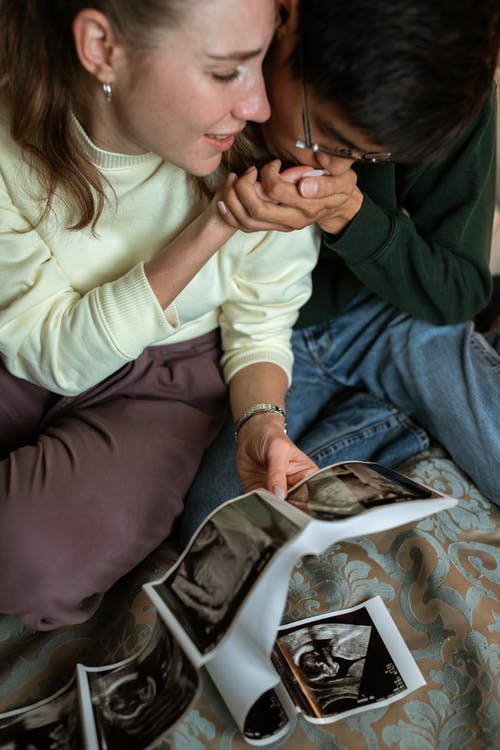Traditional Fertility declines as women age Theoretical and anecdotal evidence suggests that fertility declines as women age. This trend is due to many factors, including decreasing rates of ovulation, altered hormonal levels, and decreased sperm production. However, the effect of aging on fertility is complex and not entirely understood. Some experts believe that infertility may not be a problem for older women if they have healthy lifestyles and access to quality health care. Declining fertility is a common problem in women over the age of 35. In fact, according to the Centers for Disease Control and Prevention (CDC), about one-third of all women will experience some form of infertility by the time they reach 45. Although declining fertility is usually considered a problem for couples trying to conceive, it’s also an issue for individual women. Here are tips to help prevent birth defects when pregnant. The decline in fertility associated with aging is due to a number of factors, including increasing numbers of female retirees and women who have children later in life. Additionally, many women experience infertility as a result of lifestyle choices such as smoking cigarettes or not exercising enough. Although declining fertility may be a problem for individual women, it can also have consequences for couples trying to conceive. For example, if one partner has low fertility and the other partner is unable to provide spermatozoa necessary for conception, adoption may be an option. Additionally, if one partner desires children but is unable to become pregnant, this may lead to feelings of frustration and sadness. In short, declining fertility is a common problem in women over the age of 35 and can have consequences for both individual women and couples trying to conceive. What are the benefits of delaying fertility? There are a lot of benefits to delaying fertility. For one, it can give you a longer window of opportunity to conceive. In fact, according to a study published in the journal Fertility and Sterility, women who delay childbirth by two or more years have a 54 percent chance of having a baby within six months. That’s compared with just 37 percent for women who give birth within one year of their desired timeframe. Additionally, older women tend to have healthier pregnancies and deliver babies who are at lower risk for developmental problems. According to the Centers for Disease Control and Prevention (CDC), children born to mothers over age 35 are less likely than those born to younger mothers to experience major birth defects, such as cerebral palsy. 
Fertility Declines As Women Age, But Is It A Problem?

